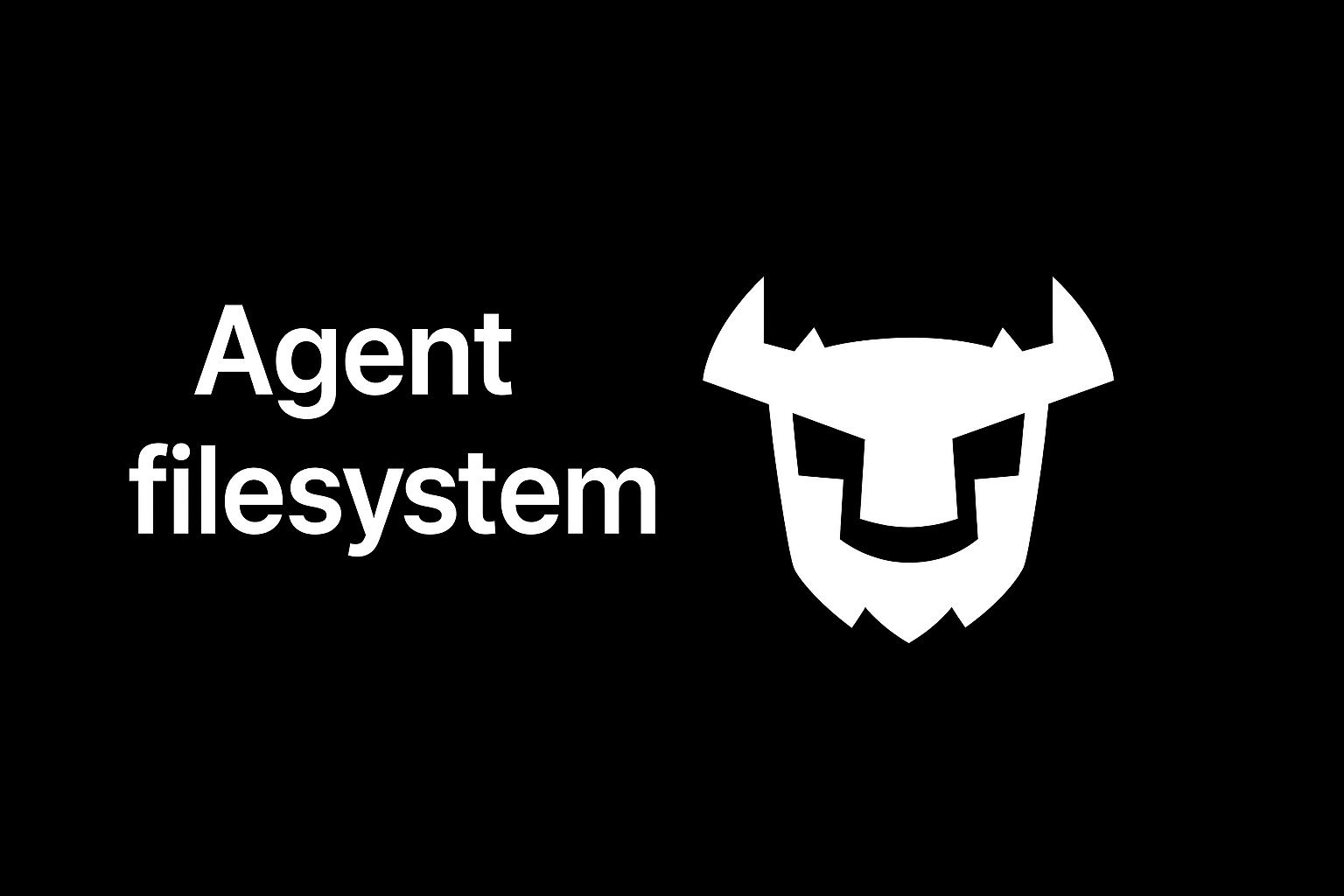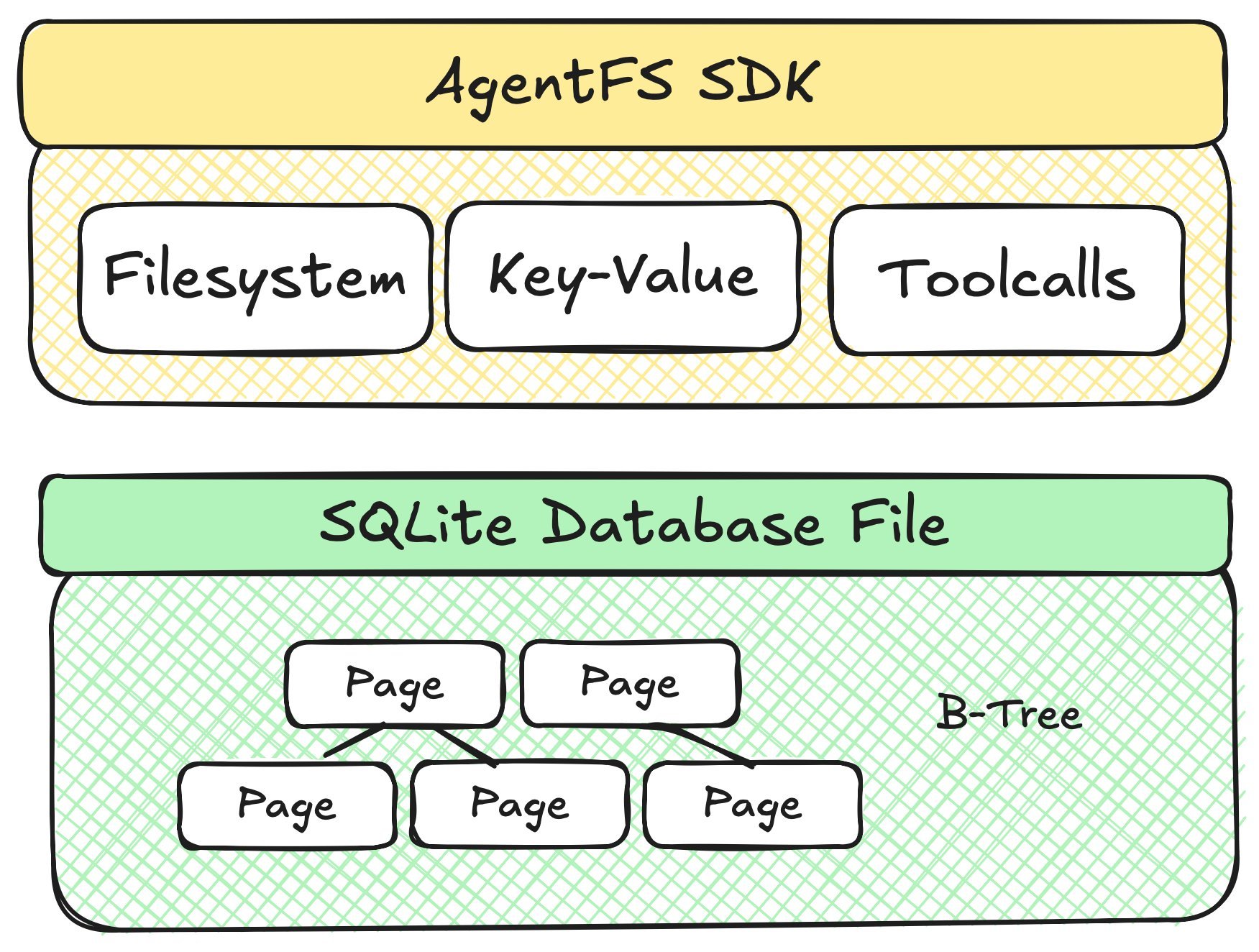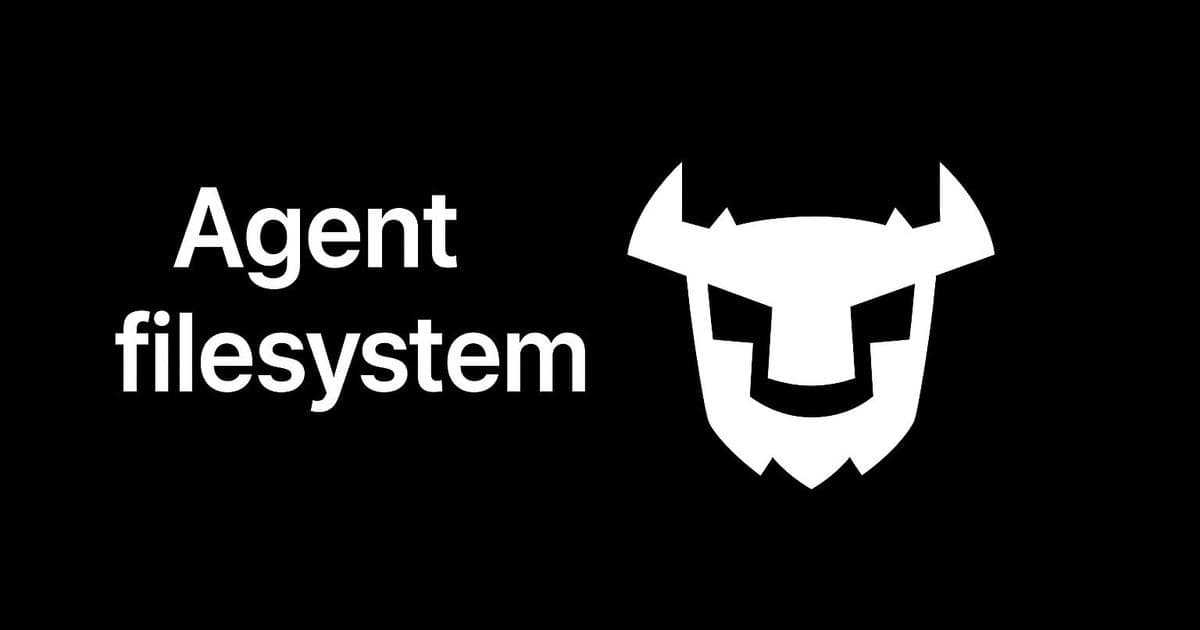AgentFS SDK introduces a groundbreaking approach to managing AI agent state by combining the simplicity of a filesystem with the power of SQLite. This unified solution provides developers with unprecedented observability, portability, and auditability for autonomous systems.
The unpredictable nature of AI agents presents a fundamental challenge: how do you effectively manage their state while maintaining trust and auditability? As these autonomous systems become increasingly prevalent in sandboxed environments, developers need visibility into every decision, every file created, and every state change. While restrictions are necessary, the optimal approach is often to allow agents to perform their tasks while capturing and auditing their complete operational state.

This challenge has led to the development of AgentFS SDK, an innovative agent filesystem abstraction built on top of SQLite. Instead of cobbling together databases, logging systems, and file storage, AgentFS provides a unified interface for agents to manage all their state in a single SQLite database, making it queryable via SQL, portable across environments, and fully auditable.
The State Management Conundrum
At their core, autonomous systems like AI agents are inherently unpredictable. Their decision-making process, involving intricate chains of reasoning and environmental interaction, can lead to unforeseen outcomes. While restrictions on actions are sometimes necessary, what developers truly need is visibility into operations when they deviate from expected paths.
This observability is critical for several reasons:
- Understanding why an agent made a specific decision
- Debugging complex behaviors that emerge during execution
- Reproducing exact execution states for testing and validation
- Maintaining audit trails for compliance and security
Traditional approaches fall short because they involve fragmenting state across multiple tools: databases for storage, logging systems for audit trails, local filesystems for artifacts, and version control for history. This fragmentation creates complexity and leaves gaps in observability. Additionally, local filesystems present their own challenges, as some sandboxed environments lack them, and operating persistent volumes at scale introduces significant overhead.
The AgentFS Solution
To address these issues, the developers behind AgentFS identified a consistent requirement: a filesystem abstraction specifically designed for agents. This abstraction needed to provide:
- A unified storage mechanism for all agent state
- POSIX-like filesystem operations for artifacts
- Key-value storage for agent state variables
- Comprehensive tool call tracking for observability
- SQL queryability for deep introspection
- Portability as a single file
Interestingly, developers consistently mentioned SQLite as the perfect foundation for such an agent filesystem, but it wasn't clear how to effectively leverage it for agent-specific needs. This insight led to the creation of AgentFS SDK, built on top of Turso (a SQLite-compatible database), that provides a comprehensive filesystem abstraction for AI agents.

The Architecture of AgentFS
At its heart, AgentFS is an agent-specific filesystem implemented on top of a SQLite database. Everything an agent does—every file it creates, every piece of state it stores, every tool it invokes—lives in a single SQLite database file.
The AgentFS SDK consists of two main components:
- State capture: Provides the SDK interfaces that agents use to interact with the system
- State management: Implements the agent filesystem specification, defining a SQLite schema for agent filesystems using Turso
When an agent performs operations, the SDK captures them for later analysis. The more comprehensive the state capture, the deeper the introspection into agent behavior, making debugging and improvement more systematic.
The storage layout in SQLite files is defined by the agent filesystem specification, which consists of multiple tables:
- Filesystem storage: Uses two main tables—the
inodetable for storing actual file contents and metadata, and thedentry(directory entry) table for storing file and directory paths. This separation allows for faster lookups while maintaining a familiar filesystem structure. - Key-value storage: A single SQLite table that maps each key to its JSON-serialized value, providing efficient state variable storage.
- Toolcall audit log: A single append-only table where rows are never mutated—only new rows are inserted. This design ensures auditability even if the agent performs unexpected actions.
Implementation and Usage
The AgentFS SDK provides programmatic access to all agent filesystem features through a familiar API. For TypeScript or JavaScript projects, you can install the SDK with:
npm install @turso/agentfs
For Rust projects:
cargo add agentfs
Using the TypeScript SDK in your agent code follows a straightforward pattern:
import { AgentFS } from '@turso/agentfs';
// Open a SQLite database file using Turso
const agentFS = await AgentFS.open('agent-state.db');
// Use the different interfaces
const fs = agentFS.filesystem;
const kv = agentFS.keyvalue;
const tools = agentFS.toolcalls;
// Store a file
await fs.writeFile('/workspace/research.pdf', fileBuffer);
// Save state
await kv.set('currentTask', 'research');
// Log a tool call
await tools.log({
tool: 'web-search',
input: 'latest database papers',
output: 'search results'
});
Real-World Application: Research Assistant Agent
To demonstrate AgentFS in action, the team built a research assistant agent that answers questions about database research. The agent searches through papers from top-tier conferences (VLDB and SIGMOD) to provide informed, research-backed answers.
Built with the Mastra AI agent framework, the research assistant follows a straightforward workflow:
- Receive a user query about database research
- Download relevant papers from conference repositories
- Process and extract key information from each paper
- Synthesize information to provide a comprehensive answer
This example showcases how AgentFS handles real-world agent tasks:
- Managing downloaded papers as files in the filesystem
- Caching processed content in the key-value store
- Maintaining state across multiple operations
- Tracking every tool invocation for auditability
The filesystem abstraction makes it simple to store and retrieve research papers without worrying about the underlying storage implementation. The complete source code for this example is available on GitHub.
Benefits and Implications
The agent filesystem abstraction addresses a fundamental challenge in AI agent development: managing state in unpredictable, autonomous systems. By building on top of SQLite instead of scattered files and ad-hoc solutions, developers gain several advantages:
Unprecedented Observability: Every action, file creation, and state change is captured and queryable via SQL, enabling deep introspection into agent behavior.
Simplified Architecture: Replace multiple specialized tools with a single, unified storage mechanism that handles files, state variables, and audit logs.
Portability and Reproducibility: An agent's entire runtime state can be snapshotted by copying a single file, making it easy to reproduce exact execution states for testing and debugging.
Auditability: The append-only nature of the toolcall log ensures a complete, immutable record of all agent actions, which is critical for security and compliance.
Familiar Abstraction: Developers can use familiar filesystem operations while benefiting from the power and structure of a database.
The power of AgentFS lies in its simplicity—everything in one place, queryable with SQL, and portable as a single file. By treating agent state like a filesystem but implementing it as a database, developers get the simplicity of files with the power of structured data.
This approach is particularly valuable when agents need to maintain complex state across runs, coordinate with other agents, or when debugging unexpected behavior in production environments. As AI systems become more autonomous and prevalent, tools like AgentFS will be essential for building observable, trustworthy systems.
To explore AgentFS further, visit the project on GitHub and start building more observable AI systems that you can trust today.

Comments
Please log in or register to join the discussion